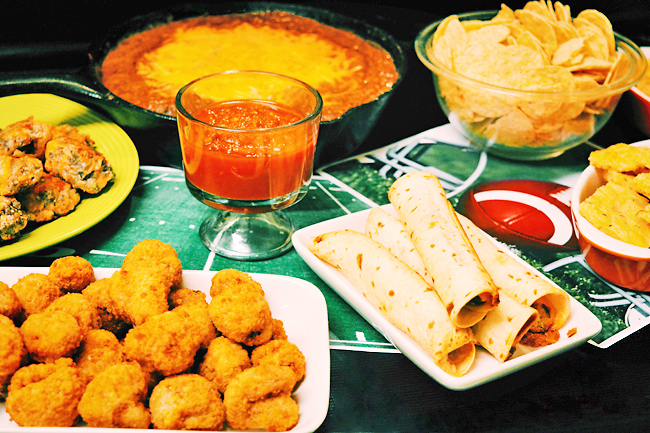Khoo Bee Khim
CNA – It’s 3pm and like clockwork, your brain – and colleague – are nudging you to make that trip to the office pantry for coffee and snacks. Or if you’re working from home, you can’t help but be drawn to the fridge like, every five minutes.
Why are you hardwired to snack, especially when you’re trying to lose weight – and if the boss is reading this over your shoulder, you’re also trying to stay focussed on your work?
It is likely that you have been “conditioning” yourself to want to snack your whole life.
Well, maybe not your entire life but from the age of five onwards, according to the Centre Director of NUHS Centre for Chronic Disease Prevention and Management Professor Tai E Shyong. Below five, “the regulation of food intake is very biological”, that is, your eating pattern is dictated by your hormones.
“However, once you get above that age, all sorts of things determine our eating behaviour”, such as “social interactions, pure enjoyment, boredom, stress and sleepiness”, he said.
So, unless you are very disciplined, you may have been filling your afternoons with snacks such as salted egg fish skin chips washed down with bubble tea; chicken floss bun and kopi gao; matcha cake and latte; curry puff with teh tarik; or even ice cream and fries.
“Most people snack at least once or twice a day,” said senior dietitian from Parkway East Hospital Jennifer Shim.

WHY DO YOU FEEL THE NEED TO SNACK?
There is a myriad of factors that can make you reach for the Khong Guan biscuit tin in the pantry. Here’s a look at some of the factors that cause you to snack:
STRESS
Say you have a big presentation lined up. For days, you fret over the slides and numbers you’ve been prepping to impress your boss or client. And in your moments of stress, you may be filling up more on unhealthy snacks than proper meals – or at least finding it harder to resist snacking.
That’s because the stress hormone cortisol “leads to an increase in appetite and drives up your motivation to eat”, said Senior Clinical Psychologist at National University Polyclinics Toh Hui Moon. You start to crave high-fat and high-sugar snacks as such foods can “dampen stress-related responses and emotions, and act as a relief”, she said.
LACK OF SLEEP
Sleep deprivation is another snacking enabler, according to consultant with Alexandra Hospital’s Chronic Programme Dr Serene Wong, who has a special interest in sleep medicine.
“Leptin is an important hormone that signals satiety; conversely, ghrelin stimulates appetite.” And the lack of sleep has been associated with high leptin and ghrelin levels, she said.
Elevated levels of the satiety hormone are not a good thing as they signal leptin resistance; your body needs more of the hormone to feel full but it may not be producing enough of it.
An increased ghrelin level is also bad news as your appetite is constantly being stimulated.
Together, they trap you in a vicious cycle of increased leptin resistance, increased appetite and weight gain, said Dr Wong.
SKIPPING LUNCH, NOT EATING ENOUGH OR EATING THE WRONG FOOD AT LUNCH
You may be trying to cut down your food intake to lose weight, or you had to skip lunch or grab a quick bite to rush out some work. However, “eating too little can result in a higher intake of calories from snacks later on”, said Principal Dietitian from National University Polyclinics Lynette Goh.
Even what you had for lunch – a large portion of pasta, fried rice, lor mai kai, mee siam, mee goreng, carrot cake or chee cheong fun – can induce you to snack in the afternoon.
That’s because these foods have a high glycaemic index and load. They raise blood sugar levels rapidly – and just as quickly, cause them to dip, said Goh. “This is why having a high-starch, high-sugar meal may leave you feeling tired.”
SOCIALISING
You may be heading to the pantry to catch up with colleagues, stretch your legs or simply out of boredom.
And why not because “office pantries provide a meeting place, where staff can interact, get to know each other, build camaraderie – all important things that can improve the work environment or the individuals’ work performance”, said Professor Tai.
The most important thing to do, perhaps, is recognising that it is important to create opportunities to benefit from these trips to the pantry without adversely affecting health, he added. It could mean opting for snacks that are low in calories or high in fibre in the pantry. Or having a cup of tea or coffee without sugar while you chat with colleagues.
WHY DO SOME PEOPLE CRAVE CHOCOLATE WHILE OTHERS WANT CHIPS?
The cravings for high-sugar, high-salt or high-fat foods could be responses to imbalances in hormonal or blood sugar regulation triggered by environmental factors, said Senior Dietitian with Mount Elizabeth Hospital Diane Seto.
Toh agrees; your food environment certainly plays a part in shaping what you crave. “When we eat food that tastes good, the feel-good centre of our brain is stimulated and this leads to us wanting to repeat that good feeling, which explains the increased cravings for unhealthy snacks,” she said.





